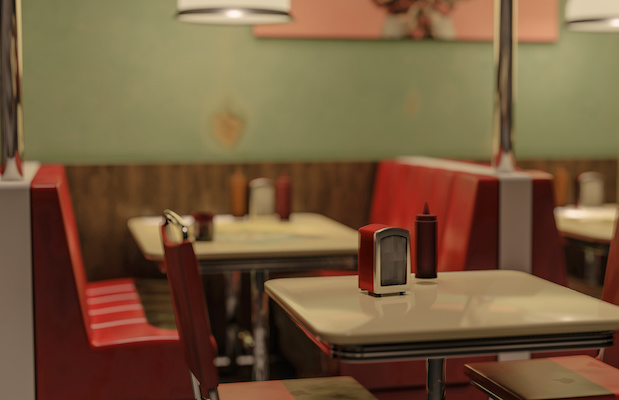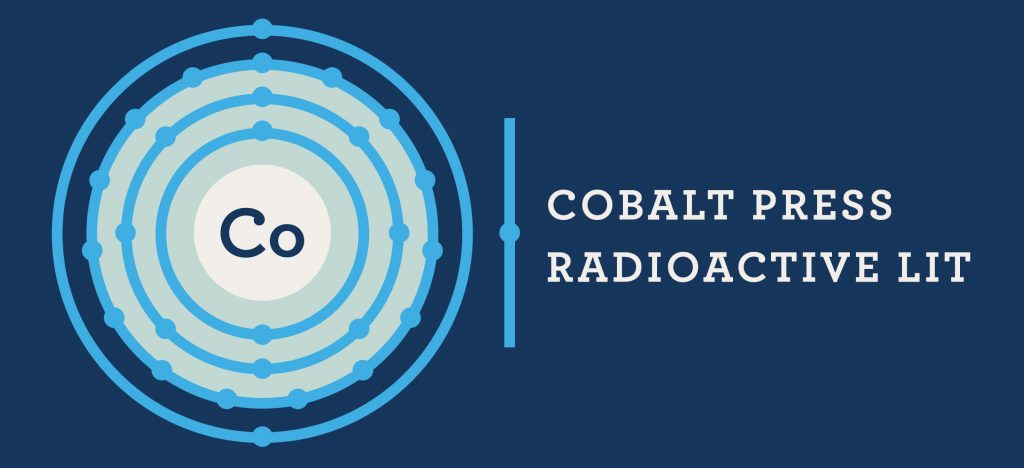NEW IN TOWN
I had moved to the kind of town where if during the course of normal conversation, the question of where I was from came up and I told them that I was Iranian, somebody would say, “Okay, but you’re on our side, right?”, which is what happened the first time I went to Danny’s Bar. The man who asked it had a look of friendly desperation on his face.
It was interesting to think about my life when he said that.
“Al,” the woman behind the bar said, “why are you asking him that? Ignore him, honey.”
“I’m just asking. I didn’t make this world.”
“Thank God for that.”
“Tell me about your side,” I said, “and I’ll tell you if I’m on it.”
Al laughed.
“No one’s ever asked me that before.”
“Well, I should know the sides we’re talking about, shouldn’t I?”
The woman laughed too.
“Yeah, Al, what is your side?”
“My side? My side is the regular guys. The regular American guys. We don’t know everything. We don’t know what all the countries in the world are and what they’re doing on the map. But we built this place. That’s something.”
“That seems like a pretty good side,” I said. “Can someone be on it if they built another place?”
“What do you mean?”
“I mean is it the building or the place? Is it the process or the result? If it’s the process, there are a lot of guys who’ve been building, just other places.”
“You talk about your side like it’s just guys,” the woman said.
“I’m sorry, Donna. You’re right. It’s the people.” He looked at me. “It’s the process. It’s the building, but it’s also the place.”
“That’s too bad,” I said.
“Why?”
“Well, you could have a lot more people on your side if you let in people who are building other places.”
“I don’t know all them.”
“What do you want to know?”
“What?”
“What do you want to know about them? Maybe I can help.”
“Well, why don’t they leave us alone? I just want to drink a beer at Danny’s and not think about this stuff.”
“They want to know the same thing about you. Not the Danny’s part, but the other stuff.”
“Me?”
“You did ask him what side he’s on, Al,” Donna said.
It was fine. The whole thing was fine. You don’t move to a new town and not expect to have these conversations. I just hope people can understand when I say that I can’t watch those movies where a white man moves to a new American town and has a rough time because he is lonely and brooding. I mean I can watch them, but only as comedies. It is funny that he is lonely and brooding.
“I asked him because he looks like a regular guy,” Al said. “He looks like a regular, good guy.”
“Why didn’t you ask Tim McElhaney what side he’s on?”
“I know what side he’s on. He’s on the side of the drunks.”
“What’s that?” a man at the end of the bar said.
“Nothing, Tim. Let me buy you another.”
If you can remember how funny it is at the beginning, if you can remember how funny it is when a man asks you what side you’re on, they’ll remember it too by the end.
“I didn’t mean anything by it,” Al said. “I’m supposed to ask it, aren’t I?”
“I don’t know,” I said.
“When you said where you’re from, I thought I was supposed to ask it.”
“A lot of people feel that way.”
“I want you to be on our side because you seem like a good guy.”
“Thanks.”
“Donna,” Tim McElhaney said, “Donna, don’t let this man leave without me buying him a drink,” he said, pointing to Al.
“Where does he have to go?” Donna said.
“You just moved to town, huh?” Al said.
“I did.”
“Well, I hope you like it. You let me know if anyone gives you problems.”
“Oh, now you say that?” Donna said.
“What?”
“You just asked him if he’s on your side.”
“Never mind that. If anyone gives you problems, I want you to tell me.”
“Jesus,” Donna said, “Yeah, okay, there’s a guy giving him problems. His name’s Al Perdik, he lives over there on Alta Vista, and he looks a lot like you.”
I thought Al was going to say something to her, but he got quiet and philosophical. He looked at his drink, and then he said, “All right, even if it is me, I want you to tell me.”
Donna burst out laughing.
“Oh lord.”
Al looked very sincere, sincere enough to make me think he was drunk, but he wasn’t drunk.
“I mean it. Even if it’s me, I want you to tell me. I don’t know why I asked you. I thought it’s what I’m supposed to do.”
“You want him to tell you when the guy giving him problems is you?” Donna said.
“Yes.”
“What are you going to do?”
“I’m going to settle it.”
“Are you at war with yourself again, Al?” Tim McElhaney said.
“I’m not at war with myself.”
“You sound like you’re at war with yourself.”
“Maybe it won’t be me giving you problems. Hopefully it won’t be. If anybody gives you problems, I want you to tell me. I thought it’s what I’m supposed to ask you. You seem like a good guy.”
“You seem like a good guy too, Al,” I said, “even if you are at war with yourself.”
Donna burst out laughing.
“Let me buy that man a drink,” Tim McElhaney said.
I stayed for a while and we talked about other things and the sadness of what Al had asked me sat on me like a cloud, like a soft cloud that mingled amusingly with alcohol, because I knew before I even left that when I went outside, the air was going to hit me in a way that was going to make the street feel like it was all mine, even though I was new in town, enough to make me think of everyone in the bar as the kind of people I might one day tell how I couldn’t watch those movies where a white man in a new town is lonely and brooding, except as comedies.

